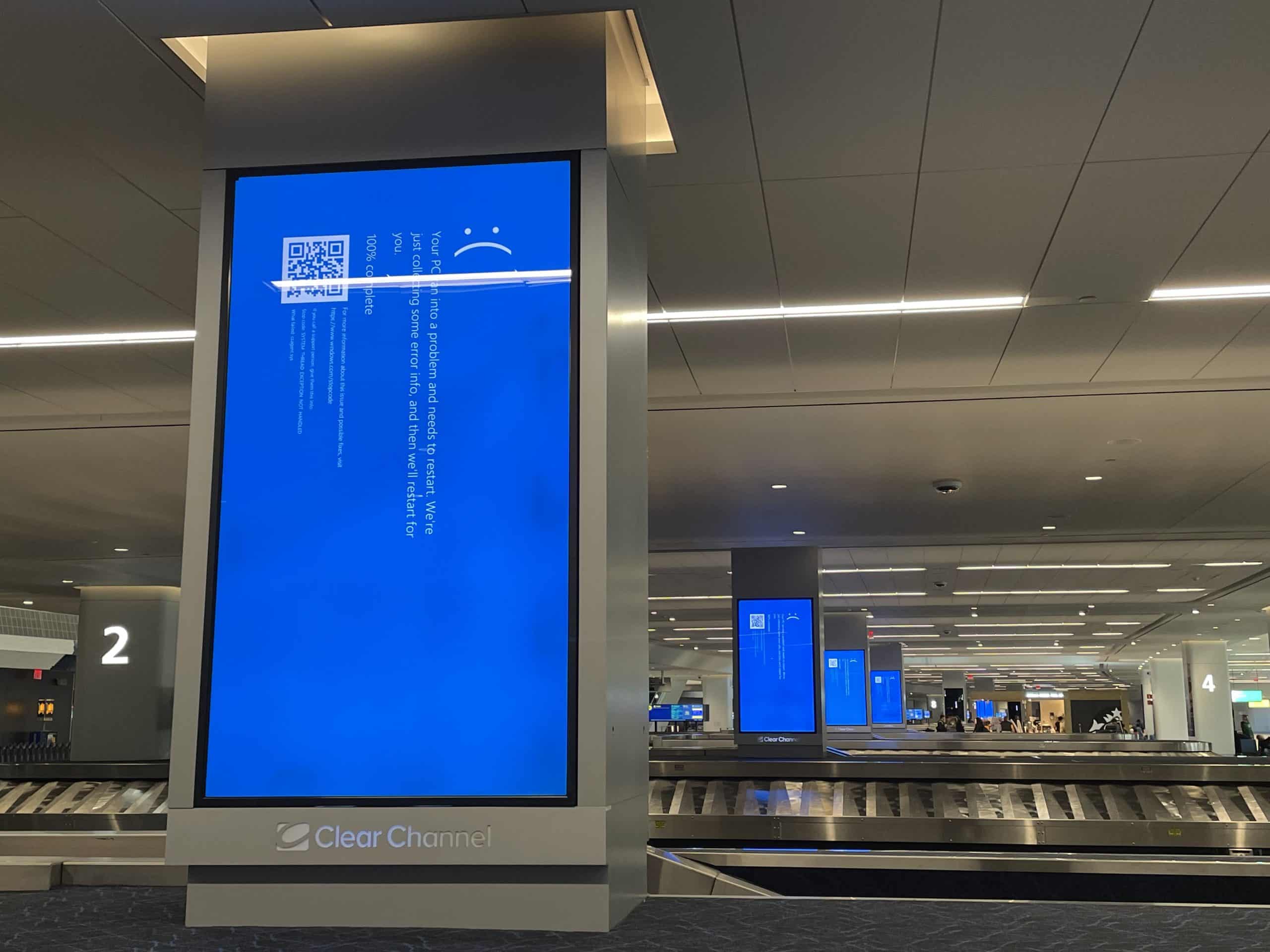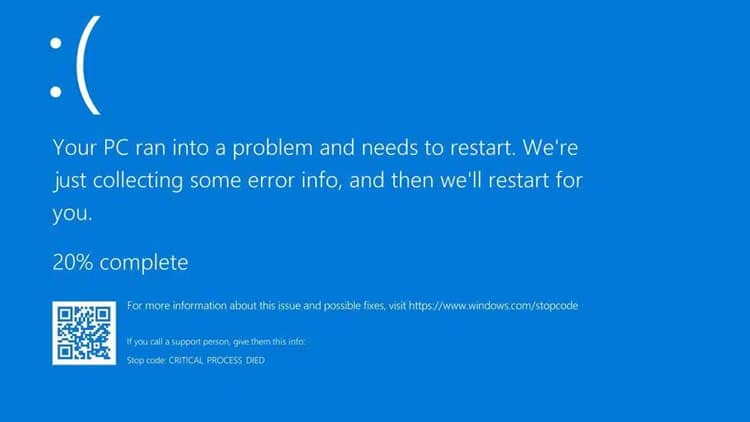The recent significant global outage of critical Windows PC infrastructure was caused by a botched update to CrowdStrike’s Falcon Sensor software. This update made modern Windows systems non-functional, leading to widespread disruptions, including flight delays and many more. Interestingly, Southwest Airlines avoided the issue using Windows 3.1, a much older operating system.
The problem is not limited to Windows. Since April, Linux users have reported kernel panics and crashes related to the same software. The issue stems from a lack of rigorous quality assurance in CrowdStrike’s software development, as both Windows and Linux operating systems were affected.
An intriguing detail is that CrowdStrike’s current CEO, George Kurtz, was also the CEO of McAfee during a similar incident in 2010. This makes him the first CEO to oversee two major global PC outages caused by faulty security software updates.

The situation with CrowdStrike’s Falcon Sensor software highlights several critical issues in the realm of cybersecurity and software development:
- Importance of Rigorous Testing: The incident underscores the need for thorough and rigorous testing, especially for security software interacting with the operating system’s kernel. Given the high stakes involved, such software should be subject to extensive quality assurance processes to prevent catastrophic failures.
- Cross-Platform Consistency: The issue affecting both Windows and Linux systems suggests systemic problems in CrowdStrike’s software development process. Ensuring consistency and reliability across different platforms is essential for any software, particularly security software used in enterprise environments.
- Leadership and Accountability: CEO George Kurtz’s repeated involvement in major outages raises questions about leadership and accountability. It emphasizes the need for leadership to prioritize and invest in robust development and testing processes to avoid similar incidents.
- Customer Impact and Trust: Such outages have significant repercussions for customers, including operational disruptions and potential financial losses. Maintaining customer trust is paramount, and incidents like this can damage a company’s reputation, highlighting the importance of reliability in cybersecurity products.
- Proactive Measures and Responses: Companies should have proactive measures to detect and address potential issues before they escalate. This includes robust monitoring systems and a quick, effective response strategy to mitigate damage in case of failures.
In conclusion, the incident serves as a reminder of the critical importance of rigorous testing, cross-platform consistency, accountable leadership, and proactive measures in developing and deploying cybersecurity solutions. It highlights the need for continuous improvement to ensure the reliability and security of systems that businesses and individuals depend on.



